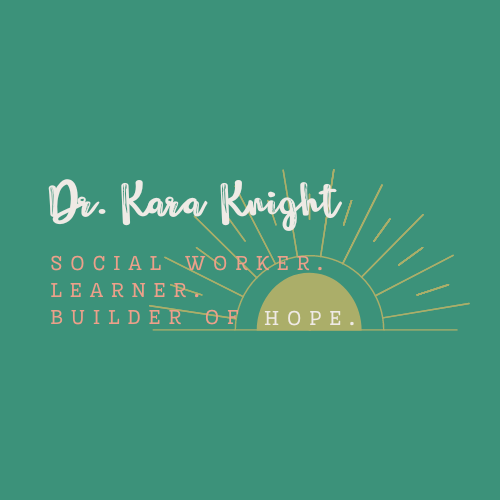
Lifelong learning is a crucial process that is unarguably paramount for any human being to survive and thrive. Each day, we learn new things about the world around us.
Yet, lifelong learning is more than acquiring new information over your lifetime. The important piece of the puzzle is having the desire to actively seek out new ideas while being able to transfer and apply these concepts to a variety of contexts and dimensions.
When we think of lifelong learning, we need to do everything in our power to ensure we avoid:
-
Trying to forcefully manufacture lifelong learners
-
Over structuring learning in a way that makes it unrewarding for kids
-
Spoon feeding every learning experience students have
Although we have good intentions with the learning for our students, we sometimes get stuck in a pattern of doing things the same way we have always done it; Therefore, we can inadvertently suppress the passion for learning.
Nevertheless, we can rewire our thinking to give lifelong learning the definition it deserves so we can foster and inspire environments to be the spark for new ideas, new passions, new interests, and new discoveries. But, these discoveries are not made to be information banks. Imagine the problems that can be solved, the ideas that could be created, and the connections that could be built if students saw first-hand the beauty of learning and the power it has on changing the world.
Discovering new learning has power. Just imagine the problems that can be solved, the ideas that could be created, and the connections that could be built if students saw first-hand the beauty of learning and the capability it has on changing the world.
Lifelong learning in its true form is:
ongoing
voluntary
self-motivated
Now, let us embed students as THE focal point and take a moment to visualize your school day tomorrow. Ask yourself:
- Are learning opportunities ongoing for students?
In other words, do the learning opportunities expand in breadth and depth over time while giving students multiple opportunities to apply and connect learning?
- Are students voluntary members in how they learn?
In other words, do students have a choice in their learning? and Do they want to be apart of the process?
- Are students self-motivated and empowered to learn?
In other words, are students trusted partners and included in their learning conversations, while given the power to help guide how they learn each day?
Based on the answers to these questions, make small tweaks to your approach day-by-day to include these elements and watch the progress that occurs. While you organize and create your content and curriculum, keep these questions at the center of what you and your school does.
Remember this:
We can develop the best curriculum, but if we undervalue the inquisitiveness of our kids, we miss the mark.
![]()

We don’t learn in ‘receive’ mode. We only learn in ‘retrieve’ mode. Trial and experimentation are vital to the learning process. You are right when you say that you have to love the learning process, as it’s this love that fuels the desire to retrieve more and more information about something.
(It’s also this love of a subject and learning that creates talent, but that’s a whole other story)
Yes, love of learning and passion is created through experience and getting to know oneself. Imagine all the passions we could find within if we were just willing to try more things.